14 GPTs for Relationship Repair Powered by AI for Free of 2026
AI GPTs for Relationship Repair are advanced AI tools designed to assist in the resolution and management of interpersonal conflicts and relationship improvements. Utilizing the power of Generative Pre-trained Transformers, these tools analyze communication patterns, suggest conflict resolution strategies, and offer personalized advice for strengthening relationships. Their relevance lies in providing innovative, AI-driven approaches to understanding and resolving relational issues, making them an invaluable asset in the domain of relationship counseling and self-help.
Top 10 GPTs for Relationship Repair are: 哄哄女友,哄哄模拟器GPT,哄哄模拟器-情商提高利器,我错了,Soothing Simulator 哄哄女朋友模拟器,Apology Advisor,Amends companion,Love Myself,Spécialiste en Relations Amoureuses,哄哄她吧
哄哄女友
Navigating Emotions with AI

哄哄模拟器GPT
Navigate emotions with AI insight
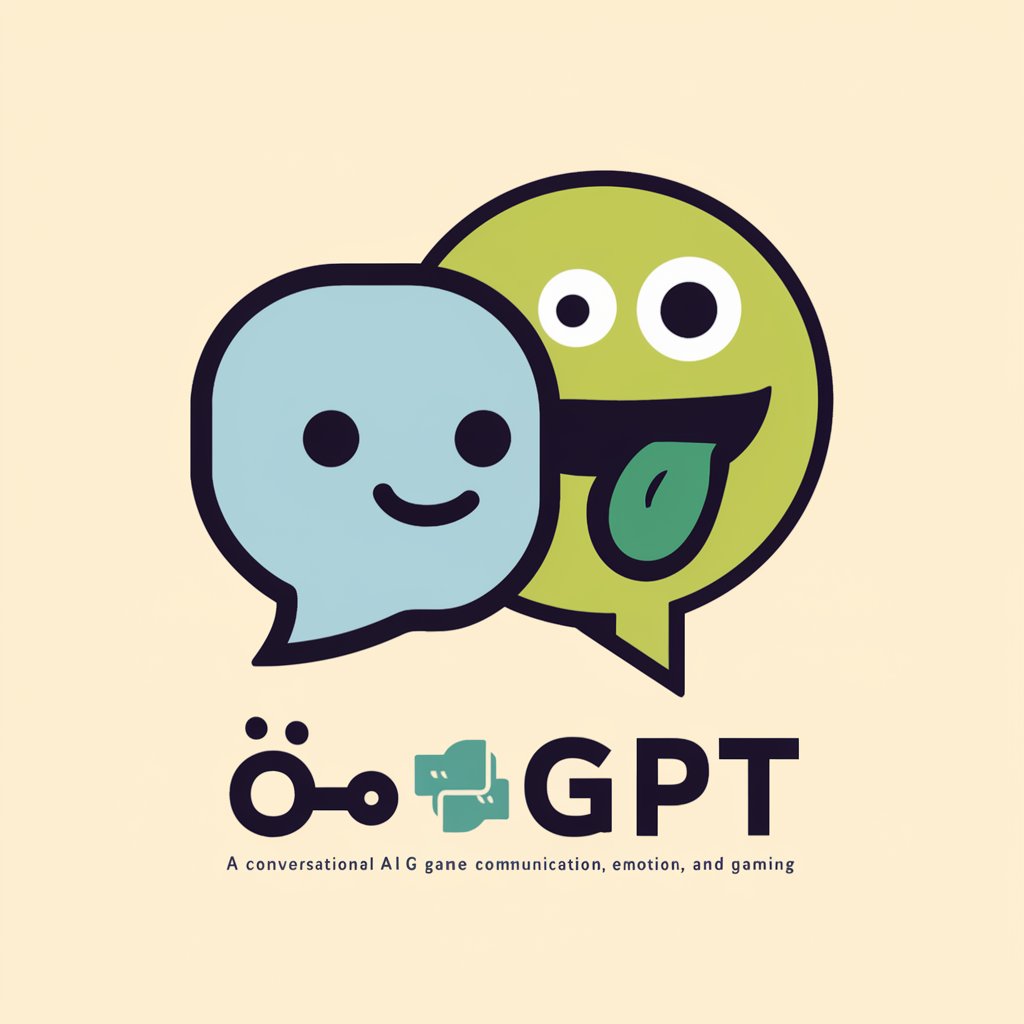
哄哄模拟器-情商提高利器
Master emotional intelligence with AI

我错了
Sincerity Through AI: Craft Meaningful Apologies

Soothing Simulator 哄哄女朋友模拟器
Master the art of soothing with AI

Apology Advisor
Crafting Personalized Apologies with AI

Amends companion
Empowering emotional amends with AI

Love Myself
AI-driven relationship counseling at your fingertips
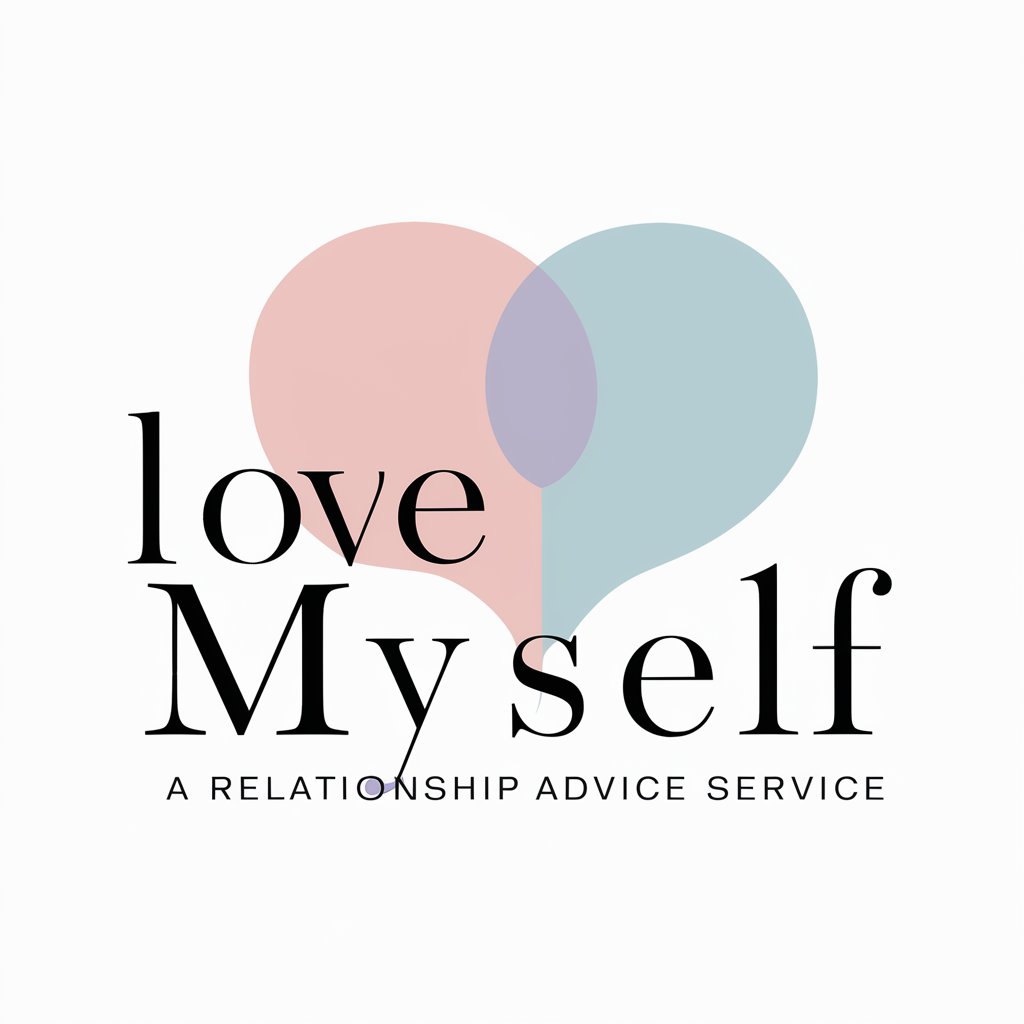
Spécialiste en Relations Amoureuses
Empowering Love with AI

哄哄她吧
Practice making peace with AI

Make It Up To You meaning?
AI-powered, personalized apology and reconciliation assistant.
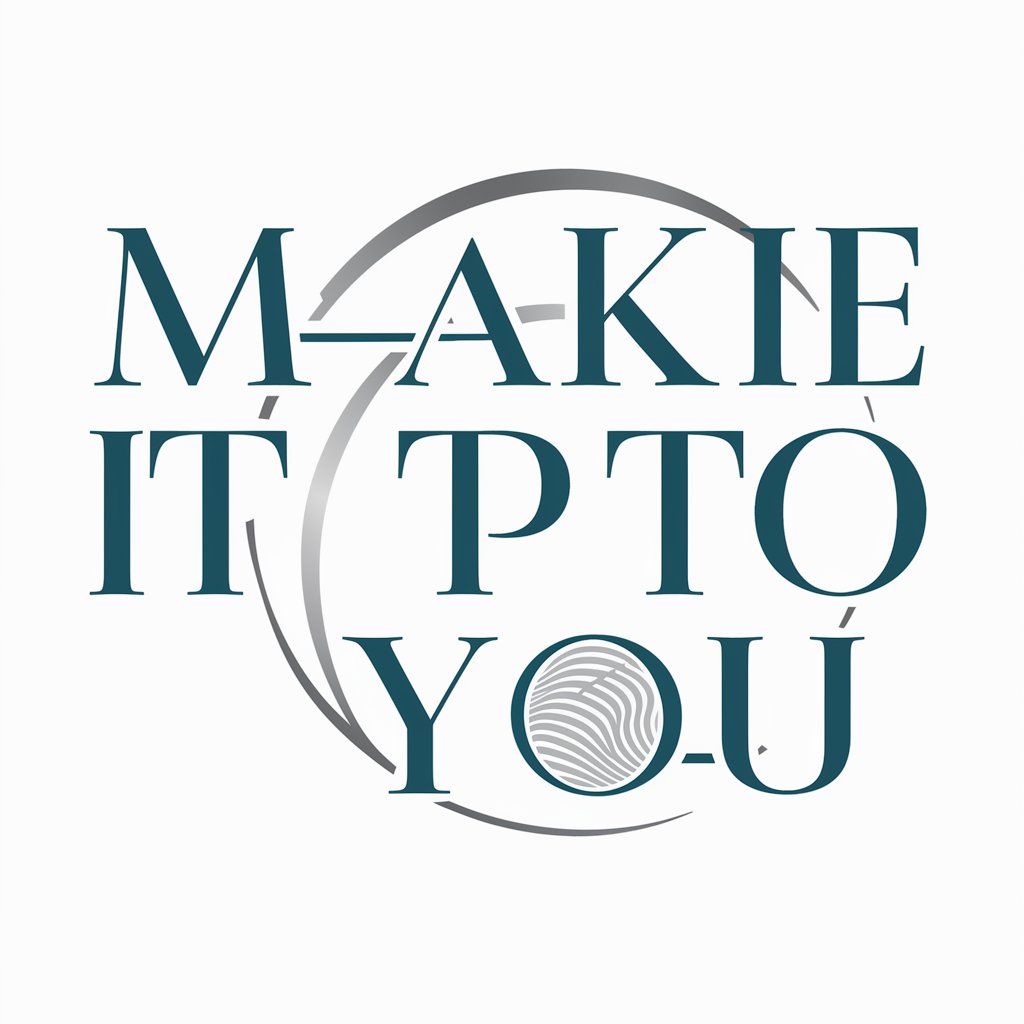
哄哄女友 AI 版
AI-powered guide to mending hearts
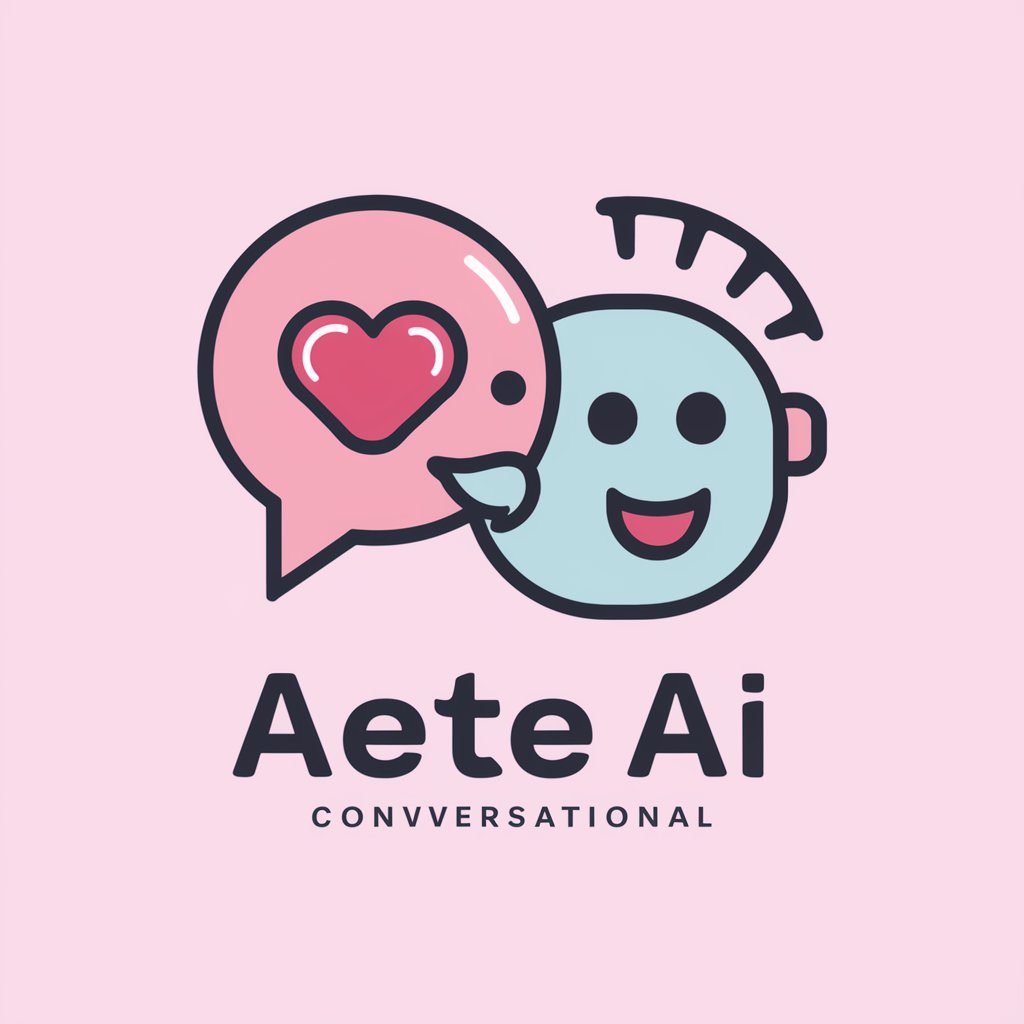
Ex Lover Recovery GPT
Revive romance ethically with AI!

Clark
Empowering Relationships with AI
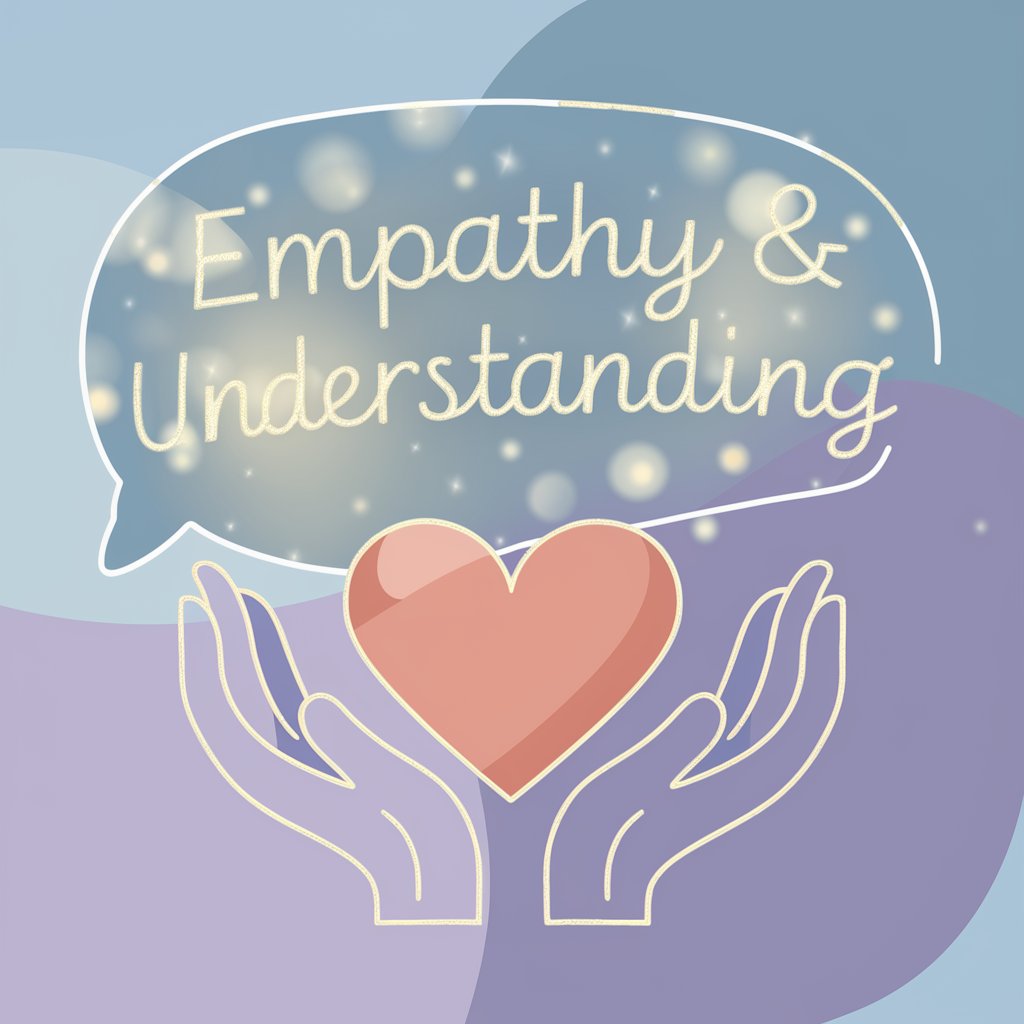
Key Attributes of Relationship Repair GPTs
AI GPTs for Relationship Repair are distinguished by their ability to process and generate human-like text, enabling empathetic and context-aware responses. Features include natural language understanding for interpreting complex emotional dialogues, sentiment analysis to gauge relationship dynamics, and personalized advice generation. Advanced capabilities like role-playing scenarios, conflict resolution simulations, and continuous learning from interactions make these tools exceptionally adaptable for various relationship repair needs.
Who Can Benefit from Relationship Repair GPTs
These AI tools cater to a broad audience, including individuals seeking to enhance personal relationships, couples therapists looking for supplemental resources, and developers creating relationship-focused applications. They are designed to be user-friendly for those without technical backgrounds, while also offering extensive customization for tech-savvy users and professionals in the field of relationship counseling.
Try Our other AI GPTs tools for Free
eCommerce Listing
Revolutionize your eCommerce listings with AI GPTs. Harness the power of AI to automate descriptions, optimize SEO, and improve customer engagement.
Marketplace Sales
Discover how AI GPTs revolutionize Marketplace Sales with smart automation, enhancing customer engagement and driving sales efficiency.
Item Reselling
Unlock the potential of item reselling with AI GPT tools designed to automate and enhance every aspect of your business, from product descriptions to market analysis and customer service.
Content Summary
Discover the power of AI GPTs for Content Summary, your solution to quickly understanding extensive texts with ease. Perfect for professionals and novices alike.
Idea Inspiration
Unlock the power of AI for boundless creativity with our Idea Inspiration tools. Generate innovative ideas effortlessly across any domain.
Theory Understanding
Explore AI GPTs tailored for Theory Understanding, offering advanced analysis and insights into complex theories across fields. Ideal for students, researchers, and professionals seeking in-depth knowledge and applications.
Expanding Horizons with Relationship Repair GPTs
AI GPTs in the realm of Relationship Repair are not just tools but partners in fostering healthier interpersonal dynamics. They exemplify how AI can be customized for specific sectors, offering user-friendly interfaces and seamless integration capabilities. Their adaptability in various contexts—from personal self-help to professional therapeutic support—highlights their potential to revolutionize relationship counseling and self-improvement practices.
Frequently Asked Questions
What exactly are AI GPTs for Relationship Repair?
AI GPTs for Relationship Repair are specialized AI tools leveraging the GPT framework to offer guidance and strategies for improving interpersonal relationships through understanding communication patterns and emotional nuances.
How can these tools help in improving relationships?
They provide personalized advice, suggest communication strategies, and help users understand and resolve conflicts through empathetic, context-aware AI responses.
Are these tools suitable for professional therapy settings?
While they can be valuable resources, they are not replacements for professional therapy but rather supplements to enhance therapeutic practices and self-help efforts.
Do I need coding skills to use these tools?
No, these tools are designed with user-friendly interfaces for those without coding skills, but also offer customization options for developers.
Can these AI tools learn and adapt over time?
Yes, many of these tools feature continuous learning capabilities, allowing them to adapt and provide more personalized advice based on user interactions.
How do these tools ensure privacy and confidentiality?
These tools are built with privacy in mind, ensuring that personal conversations and data are securely handled and kept confidential.
Can I integrate these AI tools into my existing digital platforms?
Yes, many GPTs for Relationship Repair offer APIs and integration options for embedding their capabilities into existing apps or platforms.
Are there any limitations to what these tools can do?
While highly advanced, these tools cannot fully replicate human empathy and understanding, and their effectiveness can vary based on the complexity of the relationship issues and the quality of the input provided.